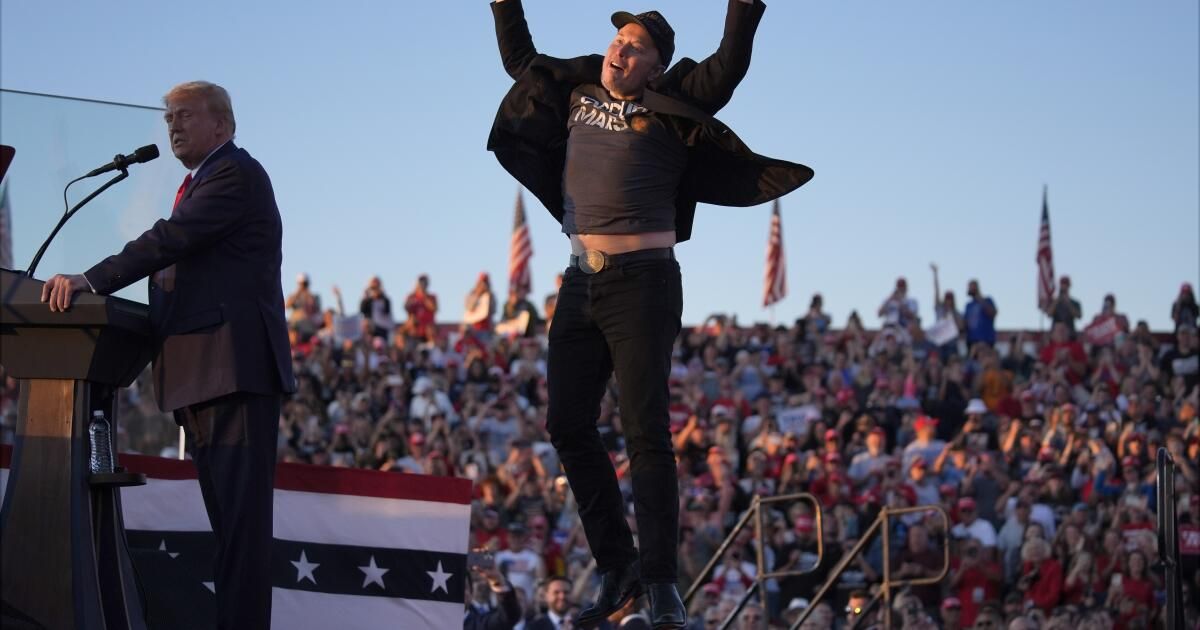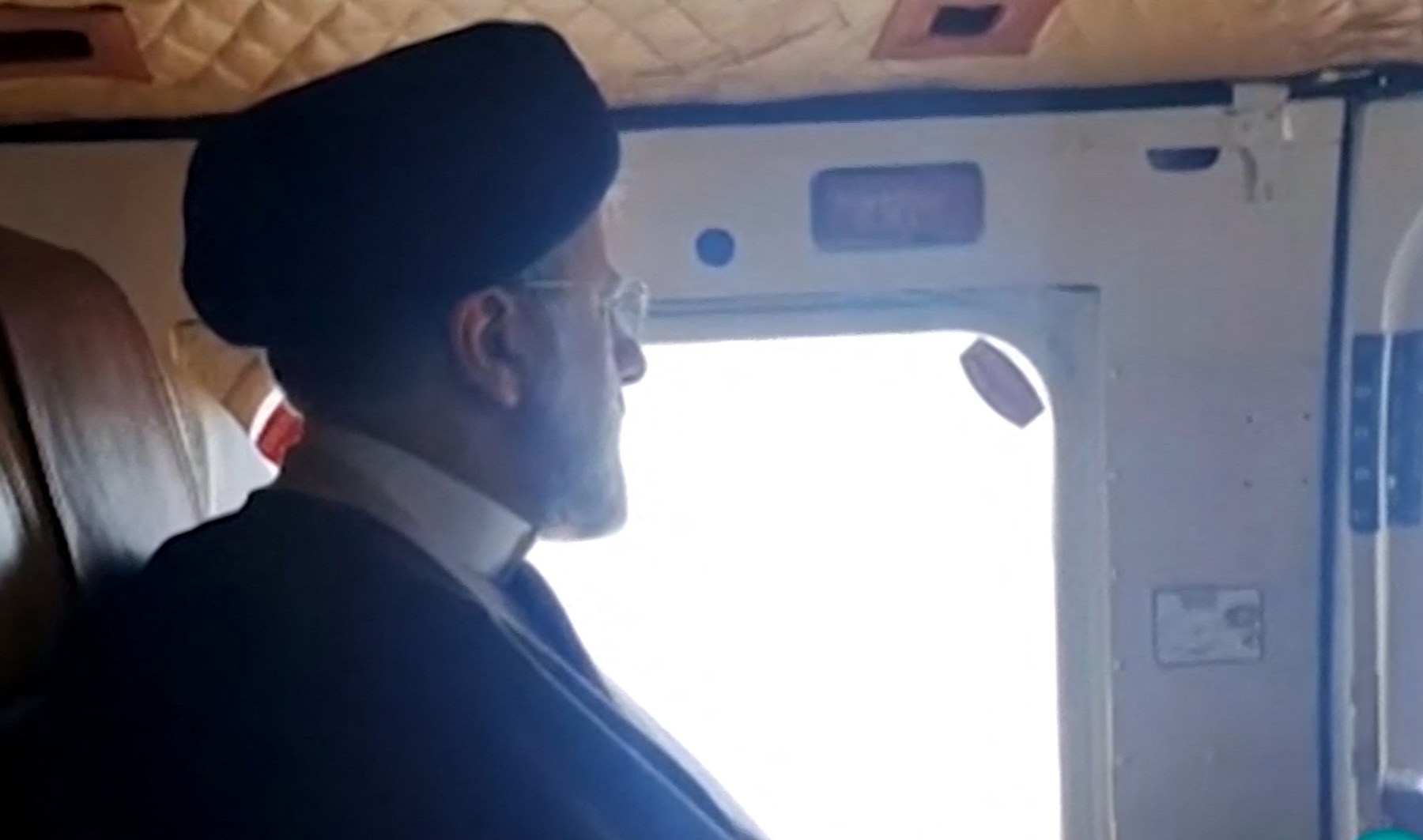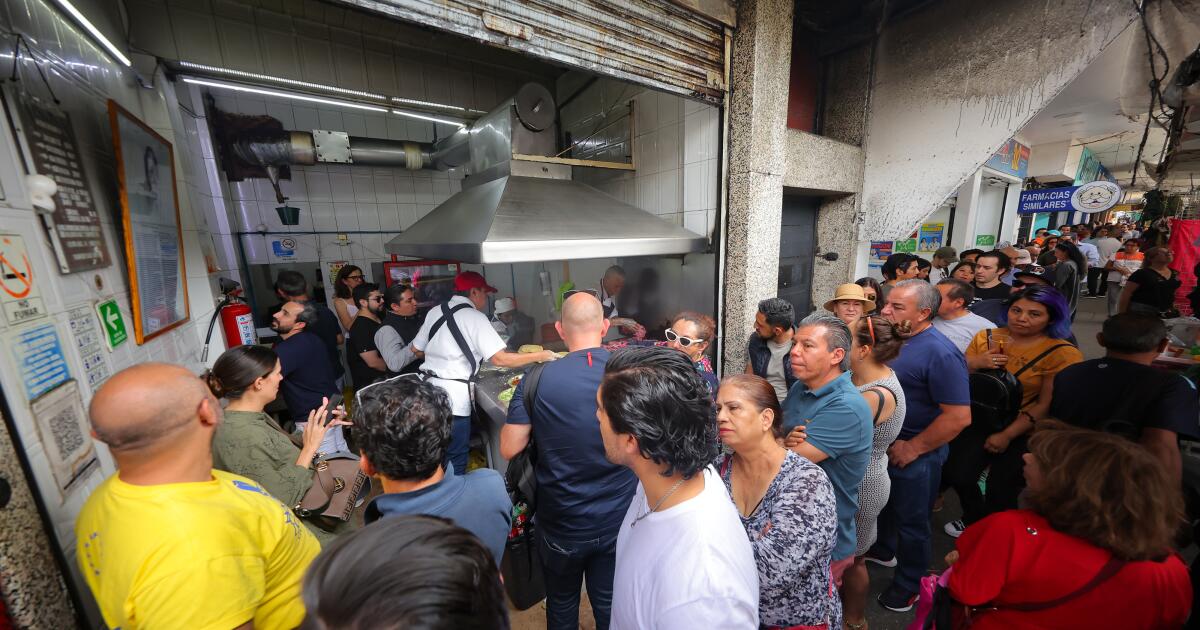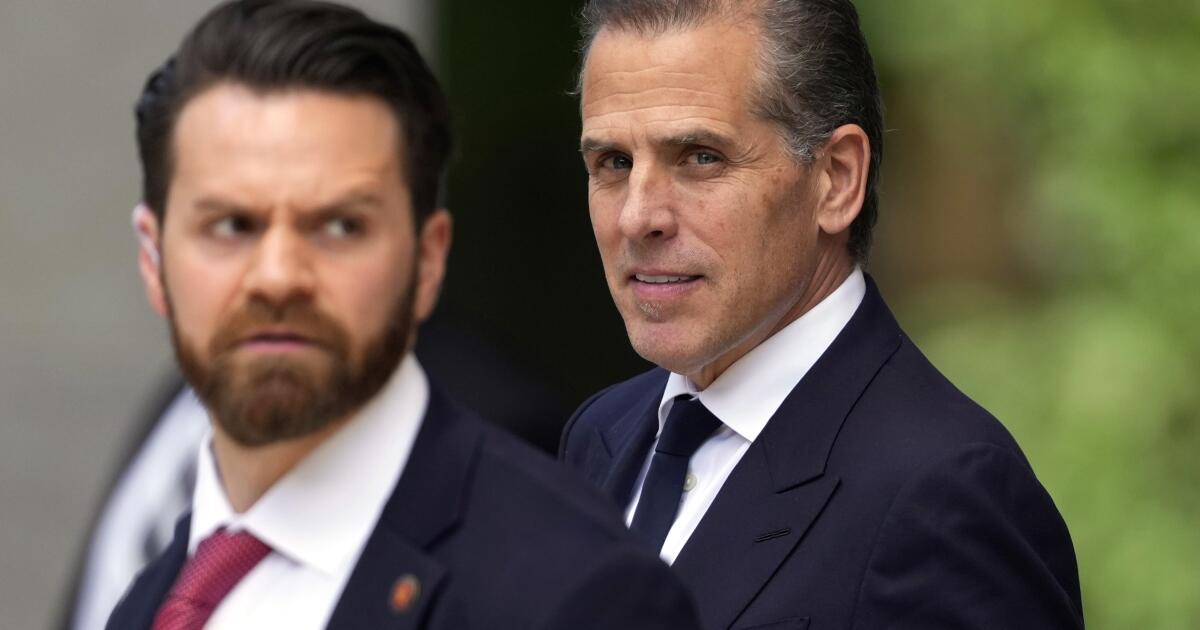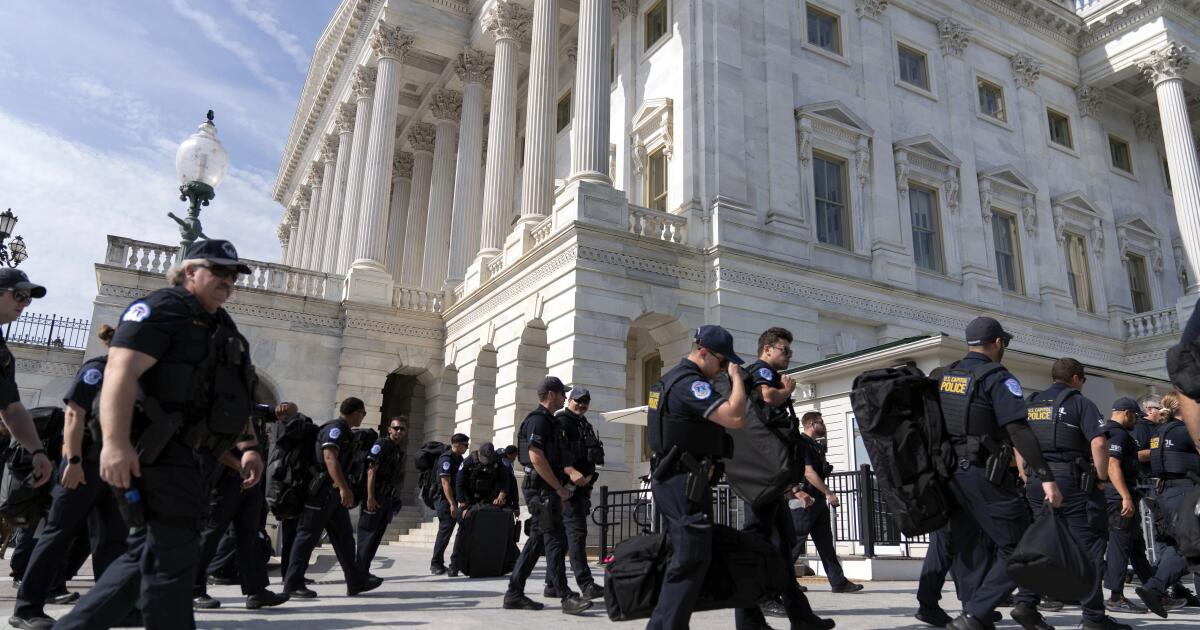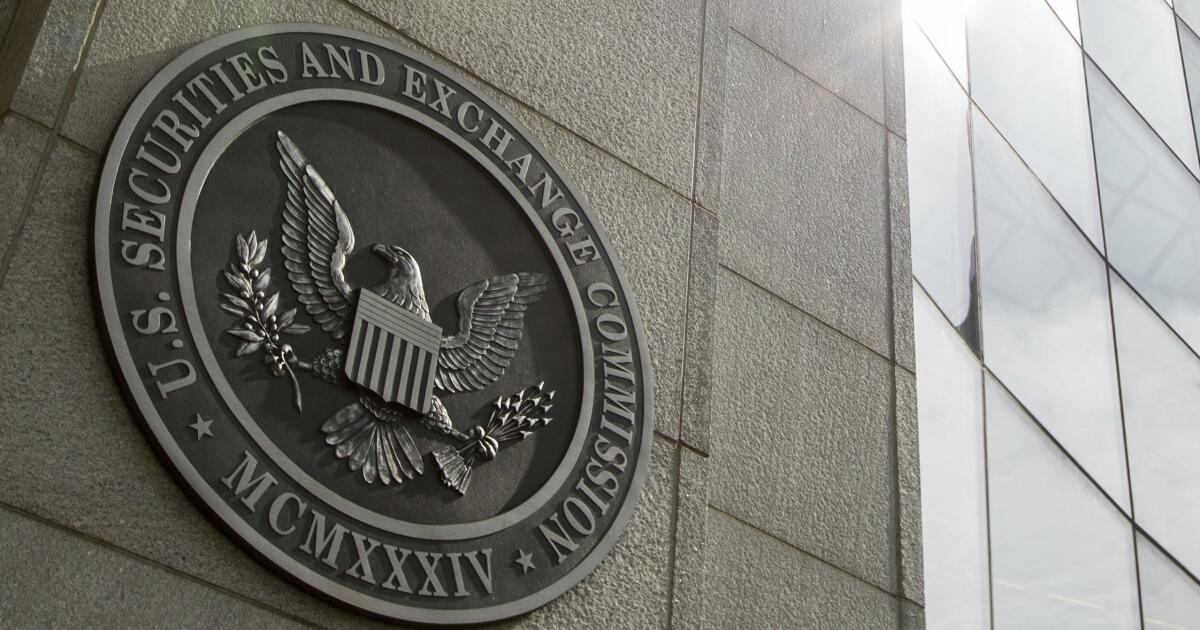Elon Musk's voter registration lottery plan is too cute and probably illegal. It also illustrates why violations of electoral law often go unpunished.
Musk announced last weekend that he would award $1 million a day until the election to a randomly selected Pennsylvania registered voter who signs a petition expressing support for the First and Second Amendments. It has already awarded the first checks and expanded the drawing to signatories from other key electoral battlegrounds: Georgia, Nevada, Arizona, Michigan, Wisconsin and North Carolina.
Now, why would the richest man in the world invent such a strangely designed game of chance and offer instant millionaire status to registered voters? Are you so pleased with the declarations of support for the first fifth of the Bill of Rights, although only in the swing states and only until the election?
Musk's game is clearly to get new voters for Donald Trump. Both the Trump and Kamala Harris campaigns are spending millions of dollars daily in their desperate efforts to persuade and motivate voters who could swing the seemingly deadlocked race. Musk believes he has found a novel and clever way to use his vast wealth to appeal to voters more directly.
Maybe so, but his creative method also seems illegal. The problem is that he could very well get away with it.
Federal law makes it a crime to pay someone to register to vote, codifying the fundamental principle that people should exercise the right to vote based on their free will and not on the purchasing power of a candidate or interest group. The law arose in part because of organized efforts to pay eligible voters to register.
Musk's clumsy plan is designed to induce new voter registrations who are likely to vote for Trump while appearing to comply with the law. In fact, it seems likely to attract the kind of coveted potential swing state voter who may not have registered or voted consistently in past elections. All they have to do for a chance to receive a life-changing payment is sign up (which state and federal laws rightly make very easy) and sign Musk's fake petition.
Temptation does not guarantee that the signers will vote (or that they will vote for Trump) and they may already be registered. But that shouldn't obscure what the lottery clearly accomplishes.
First, it provides something of value to everyone who plays, even if all but one contestant leaves empty-handed. This is why lottery tickets are not free: the chance of winning a million has a small value and is often considered more valuable than it really is.
Second, it induces new voter registrations: imperfectly, yes, but perhaps as efficiently or more efficiently than, say, a supermarket registration drive. So what happens if some of the signers were already registered or end up not voting? Musk and Trump don't care about those people or if they come home with checks. What matters is that unregistered people will have been registered in the process. And while the race is likely to produce some previously unregistered Harris voters, people who register and sign the petition are more likely to vote for the former president.
The Justice Department reportedly sent a letter to Musk's super PAC, which is managing the scheme, warning it that may be illegal. Most law-abiding campaigns would be alarmed by such a crossfire. Trump and Musk are more likely to laugh, however.
They may have time and circumstances on their side. In practice, it is often difficult to stop violations of electoral laws in the short time left before voting concludes, after which it is too late.
The barriers that law enforcement faces here are typical of electoral issues. For starters, while it can be said that every voter in the state (or every Harris voter) is harmed by the scheme to manipulate the electorate, you'd be hard-pressed to find anyone to file a lawsuit against Musk. The Supreme Court has determined that a “general complaint” that applies equally to all voters cannot confer the necessary legal personality.
The Justice Department could sue Musk's PAC and seek a court order ordering it to stop any illegal behavior. And it could be. But the department's letter was sent days ago without public comment, and its warning that the lottery may be illegal is unlikely to petrify lawbreakers like Musk and Trump. And it is well known that the department is often hesitant to do anything that could be perceived as interfering with an election.
Even if the department got a court order, there would be no way to undo the new registrations of potential Trump voters that Musk has already sewn up. The same would be true if the department filed federal criminal charges against the PAC, whose prospects are remote for that and other reasons.
This turns out to be a common feature of electoral law. Remember the famous butterfly vote that inadvertently diverted more than 2,000 Floridian votes from Al Gore to Pat Buchanan in 2000, more than enough to swing the result in favor of George W. Bush? When it became clear that so many voters had been deceived, there was nothing more to be done.
With the upcoming elections looking even tighter in the polls than the last two, parties and the country have reason to obsess over dozens or hundreds of votes in swing states that will elect the next president. But elections are inevitably imperfect. In the absence of extraordinary surveillance, and in many cases despite it, elections could become strange events or even the fruits of a probably criminal plan.
Harry Litman is the host of Podcast “Talking about federals” and the ““Talking about San Diego” Speaker series. @harrylitman

